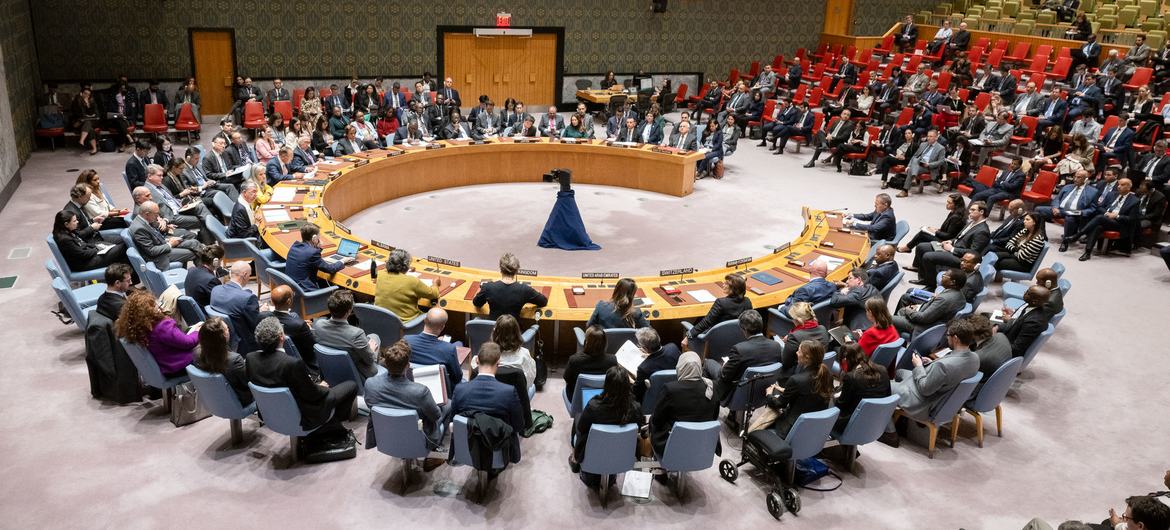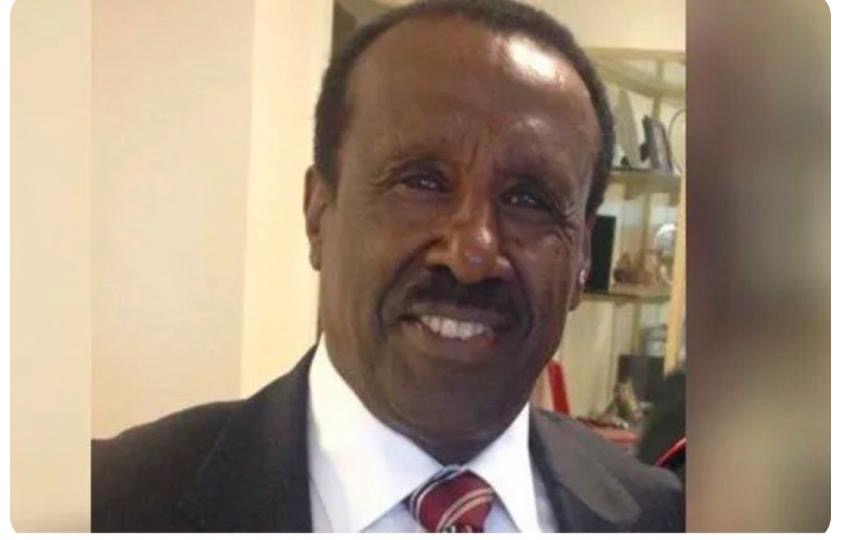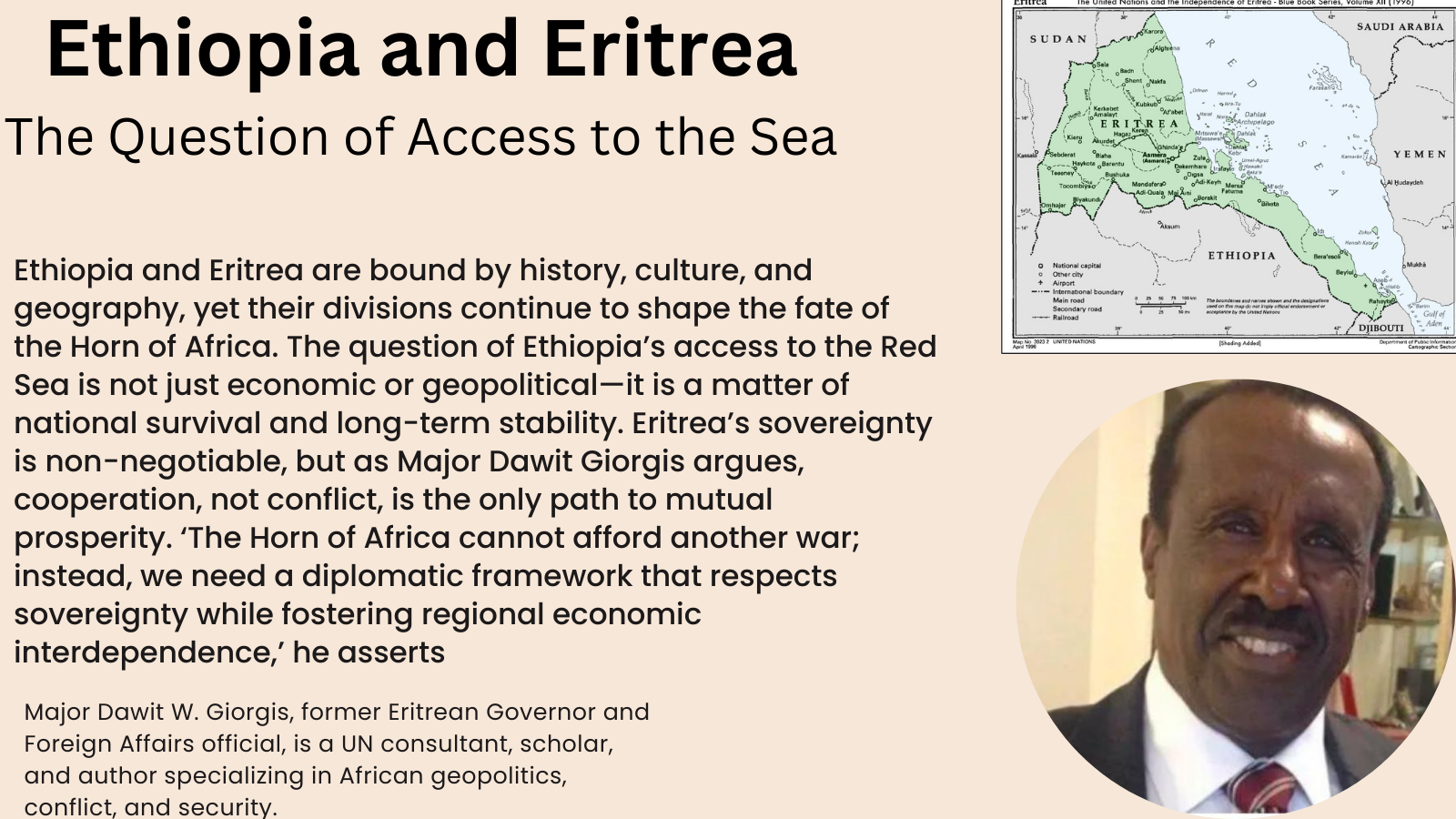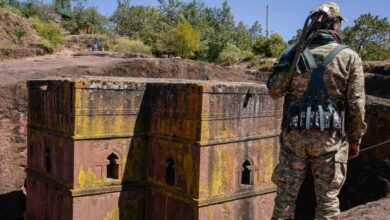
United Nations, New York — Russia wielded its veto power on Monday to block a United Nations Security Council resolution aimed at halting the escalating conflict in Sudan. The resolution, drafted by the United Kingdom and Sierra Leone, urged an immediate cessation of hostilities and called for dialogue between the rival factions in the war-torn country.
The draft also appealed to member states to refrain from external interference and to respect an arms embargo in Darfur. It received overwhelming support from 14 of the 15 Security Council members, with Russia as the sole dissenting vote.
Outrage Over Russia’s Veto
The veto sparked sharp criticism, particularly from the UK. British Foreign Secretary David Lammy condemned Russia’s action, stating, “One country stood in the way of the council speaking with one voice. One country is the blocker. This Russian veto is a disgrace, and it shows the world yet again Russia’s true colors.”
Diplomatic sources revealed that Russia’s stance may signal an alignment with Sudan’s army chief, General Abdel Fattah al-Burhan. A senior diplomat, speaking anonymously, claimed that Moscow’s position had shifted visibly toward Burhan’s faction during negotiations on the resolution.
A Nation in Turmoil
Sudan has been embroiled in violent conflict since April 2023, when tensions exploded between the Sudanese Armed Forces (SAF), led by General Burhan, and the Rapid Support Forces (RSF), commanded by his former deputy, General Mohamed Hamdan Daglo. The power struggle has plunged the country into chaos, resulting in tens of thousands of deaths and the displacement of over 11 million people, including 3.1 million refugees who have fled the country, according to UN data.
The conflict has devastated civilians, with 26 million people facing severe food shortages and reports of widespread sexual violence. Both sides have traded accusations of atrocities, including targeting civilians and blocking humanitarian aid.
The Wider Implications
The vetoed resolution sought to reaffirm commitments made in 2023 to protect civilians and prevent conflict-related sexual violence. It also aimed to ensure safe and unrestricted humanitarian access throughout Sudan, where aid workers face significant risks.
UN Under-Secretary-General for Political Affairs Rosemary DiCarlo recently noted that both factions appear entrenched in their belief that they can achieve a military victory, further complicating peace efforts.
A Pattern of Stalemates
Russia’s veto is the latest example of the Security Council’s inability to address global crises due to divisions among its permanent members. Similar inaction has been seen in conflicts ranging from Ukraine to Gaza.
Even if adopted, the resolution’s impact was uncertain. Previous council efforts to secure a ceasefire during Ramadan in March and to end the RSF’s siege of El-Fasher in July had limited success.
Strategic Alliances
Russia’s growing alignment with General Burhan contrasts with previous abstentions in votes concerning Sudan. Meanwhile, Sudan’s army has accused the United Arab Emirates of supplying arms to the RSF—a claim denied by Abu Dhabi.
The stalemate underscores the geopolitical complexities surrounding Sudan’s civil war, as international players influence the conflict’s trajectory while civilians continue to bear the brunt of the violence.
Reporting by EAR News Desk




